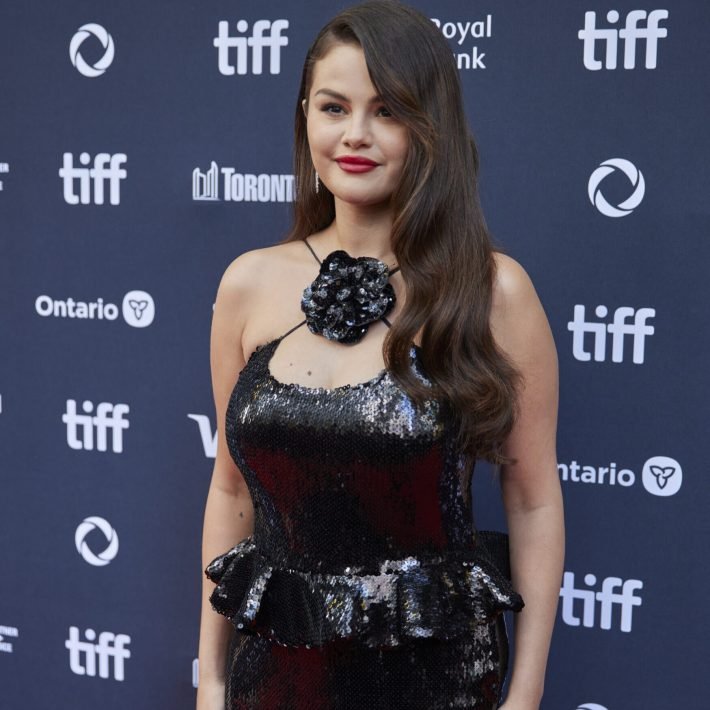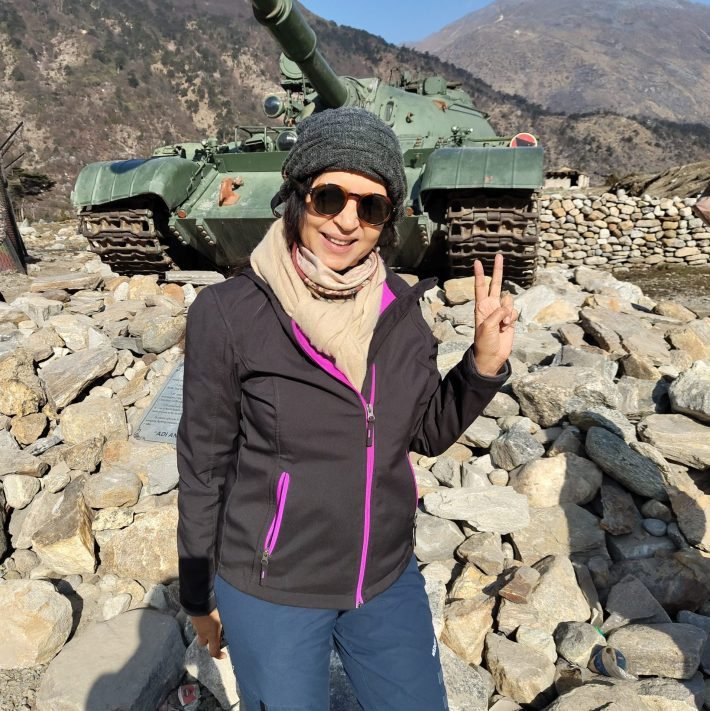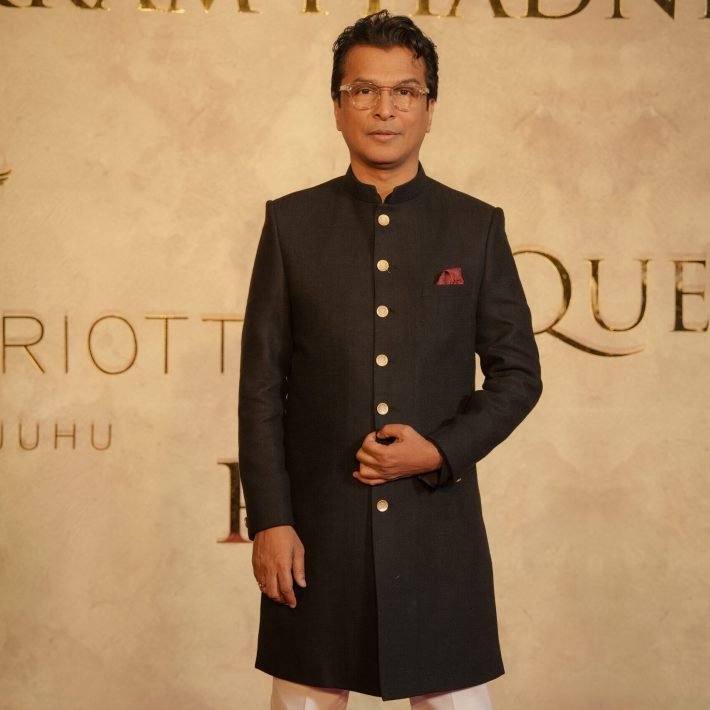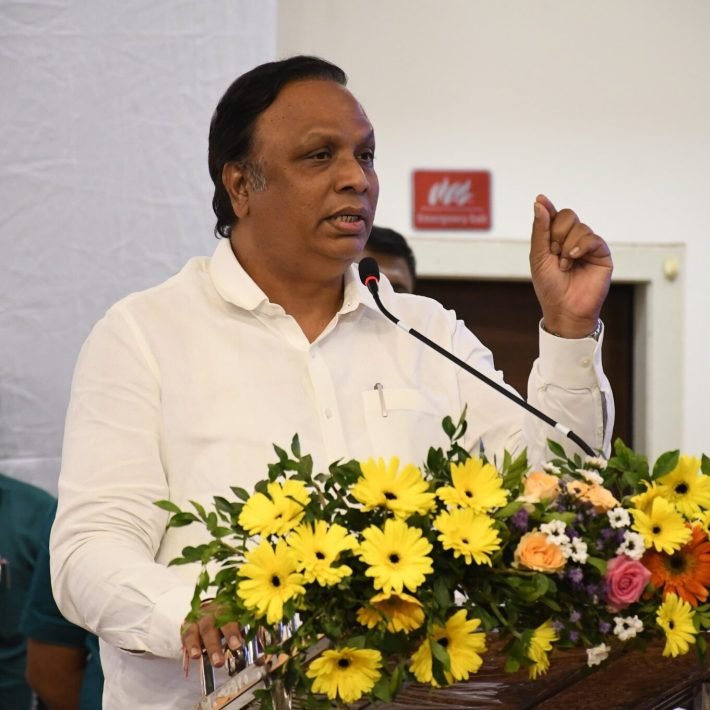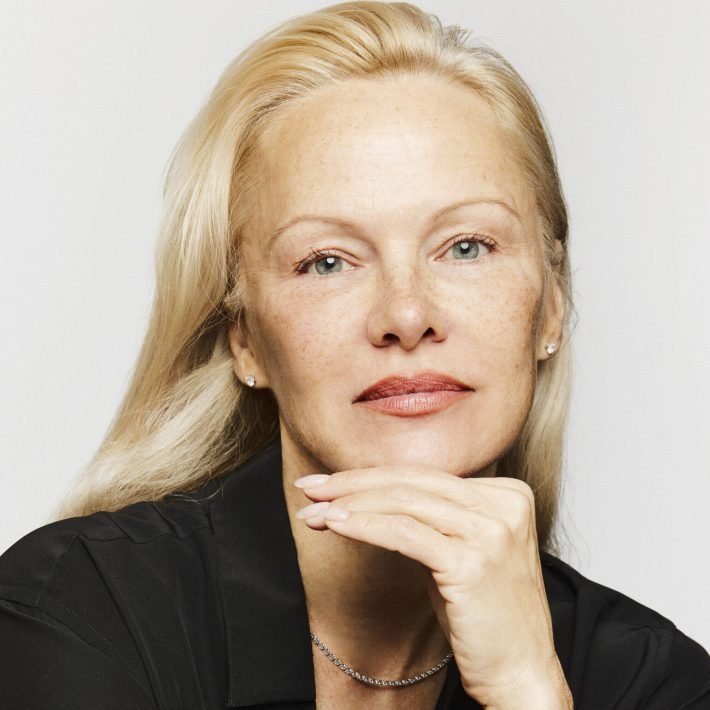Having worked at the forefront of Covid control in India, Dr Gautam Bhansali, Consultant Physician and Intensivist at Bombay Hospital and the Chief Coordinator for all Private Hospitals and Nursing Homes in Mumbai for Covid, shares his insights on how the city battled the pandemic and beyond…
By Tsunami Costabir
Dr Gautam Bhansali was at the forefront of Covid control in India. Along with the Municipal Corporation, he worked on policy implementation during the pandemic. He was part of the team that created effective treatment guidelines, made arrangements for beds, and the vaccination programme in consultation with the Government of Maharashtra. During the pandemic, he did over 5,000 online consultations, free of cost. Through his joint efforts with the Government and other healthcare professionals, he claims that not a single patient succumbed to Covid due to the non-availability of hospital beds.
Excerpts from the interview:
What motivated you to get into the medical space?
I was born and brought up in a village where there was no electricity, roads or water. We were five brothers and my youngest brother, who is four years younger than me, had a high-grade fever one night. My father had to take him on a cycle in the middle of the night searching for help, but we couldn’t find any doctors. He rode about 20 kms away from the village, found the doctor – this was around 3 a.m – and my brother got alright. This showed our family how important it is to have doctors in society. Good, passionate ones. This incident motivated me to become a doctor and be of service to society.
Tell us about the pandemic operations and when did you realise the gravity of the situation?

In December 2019, there were a few cases in China, South Korea and the US. By March of 2020, there was a case discovered in Kerala and there were a lot of conspiracies about what the virus could be and what it could do. Theories ranged from it being a tool of biological warfare to end the world, to a panic about it being a virus that will destroy the world.
In Mumbai’s Kasturba Hospital, we began isolating foreign travellers and isolating people who were detected with the virus. At the time, I spoke with our Municipal Commissioner Praveen Pardeshi to start working with and helping out with the management of the virus. Private doctors, at the time, were unable to give people treatment as no one had given them directives on what to do. In Bombay Hospital, we made a list of 38 doctors and drafted a message letting people know the various symptoms of Covid-19 and how to test them. We gave them our numbers so people could call us anytime with queries about the virus.
For the first time, we gave our numbers to the public and began taking calls free of cost. We got lakhs of calls. We then began working together with private hospitals and the Municipal Corporation. I was the first Nodal Officer appointed by the Municipal Corporation to start Seven Hills Hospital and we began working through the hospital to arrange food, water, beds and other utilities needed for people to isolate in the hospital.
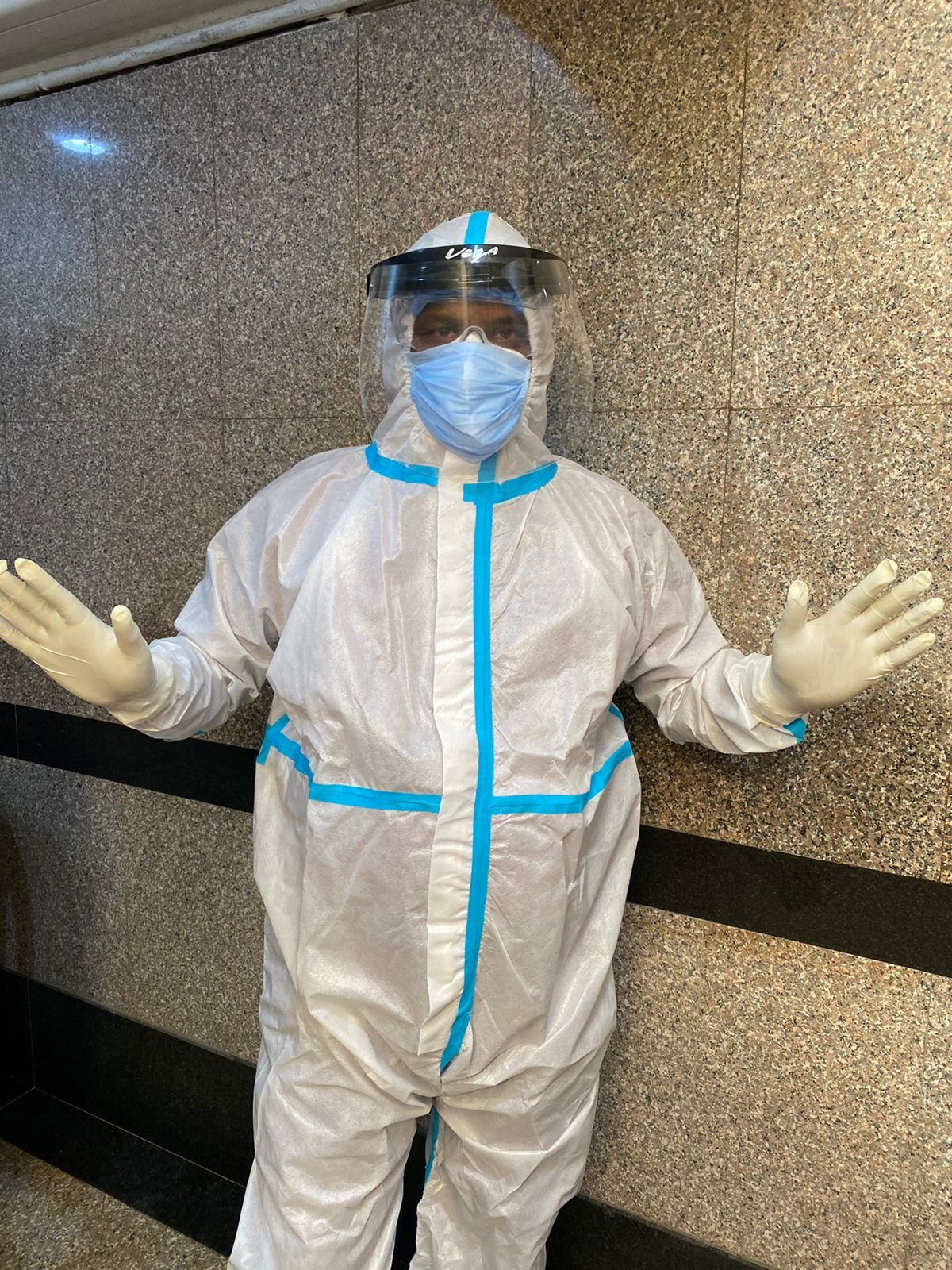
In Bombay Hospital, in the casualty section, we had a case of a person with a massive heart attack. In an effort to make him recover, doctors put him on ventilators and incubators and the next day, his Covid test showed up positive. At the time, the policy was to shut down the hospital for the next 14 days if there was a single Covid positive patient. But through this shutting down, Covid patients would suffer and so would other patients who needed medical attention. I argued with the Government to not shut down hospitals, but rather have spaces where patients with Covid could isolate. Logically, you cannot shut down a hospital – as where would the patients go?
With the new BMC Commissioner Iqbal Singh Chahal, we began working on ground to better understand the state of Covid and hospitals. We went to Nair Hospital, to the ICU and spoke to patients and doctors to see what was happening on the ground.
Then we went to Dharavi, where we began isolating patients. Before we used to isolate five people for every one Covid positive patient. We realised that it wasn’t enough and began isolating 15 people for every one positive case. That is, 15 people who had come in recent contact with the patient. This model – the Dharavi model – proved to be extremely successful.
Next, we visited Sion Hospital. A video had gone viral about a patient who had passed away in the ICU, and was lying with no one wanting to come in contact with the said person. We visited the hospital to ensure everything was alright, and checked on the status of the food and other utilities.
After this, we tackled the ambulance crisis. There was a dearth of private ambulances available for people. And we figured – when it came to Covid, we didn’t need big ambulances to transport patients. So, on my recommendation, we began converting private cars into ambulances with just a shield in between the driver and the patient. Covid-19 ambulances were then available to transport Covid patients to the hospitals.
As the virality of the disease spread, Mumbai started to face the problem of non-availability of hospital beds. Private hospitals were reluctant to admit Covid patients initially but as the Chief Coordinator for all private hospitals (156 hospitals), I requested them to work towards admitting and treating Covid patients at Government rates. I spoke to the CEOs of private hospitals, asking them to treat the Covid period as a time to make sacrifices and go above and beyond for the people. I would tell them: “This is not a time for charity, it is a time for sacrifice. Please give us beds at Government rates, or where will our poor patients go?”
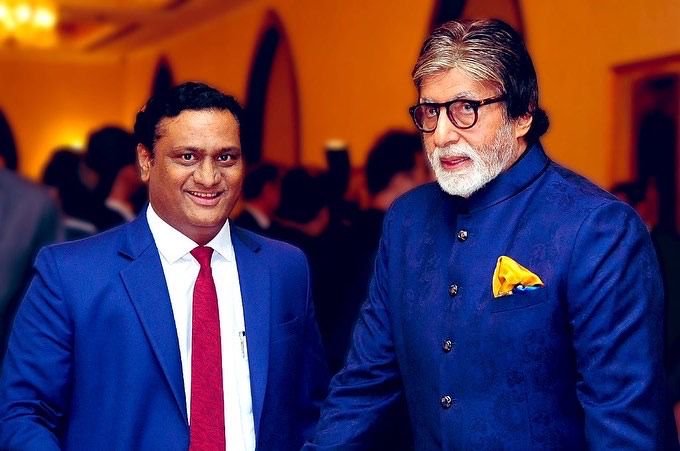
Mumbai, as the financial capital of the country, needed to set an example for the rest of the nation. We owe it to our people to give them the best possible treatment and all our resources. On this request, private hospitals gave approximately 16,000 beds for the treatment of Covid patients. Had any citizen of the city passed away due to the non-availability of beds, it would send out the wrong message about the city to the world. Moreover, it set the bar for private hospitals in other cities, towns and villages to follow. Mumbai was the only city where the treatment rate of Covid at private hospitals was at par with that of Government hospitals. We worked hard on coming up with strategies and solutions to combat Covid and we can proudly say that the Mumbai model has been successful.
Do you have any comments on the efficacy of vaccines?
Vaccines are the most effective – especially Covishield and Covaxin. The first wave was progressive, the second was very aggressive, and the third was regressive. The third wave was only regressive because by the time the second wave hit, we began vaccinating people – especially older people in their 40s-60s. So, the third Omicron wave had negligible mortality or hospitalisation. People recovered easily from Covid due to immunisation through vaccination. We didn’t have much of an issue in India. Around the world, however, it was a more severe scenario.
What do you think the future of Covid looks like?
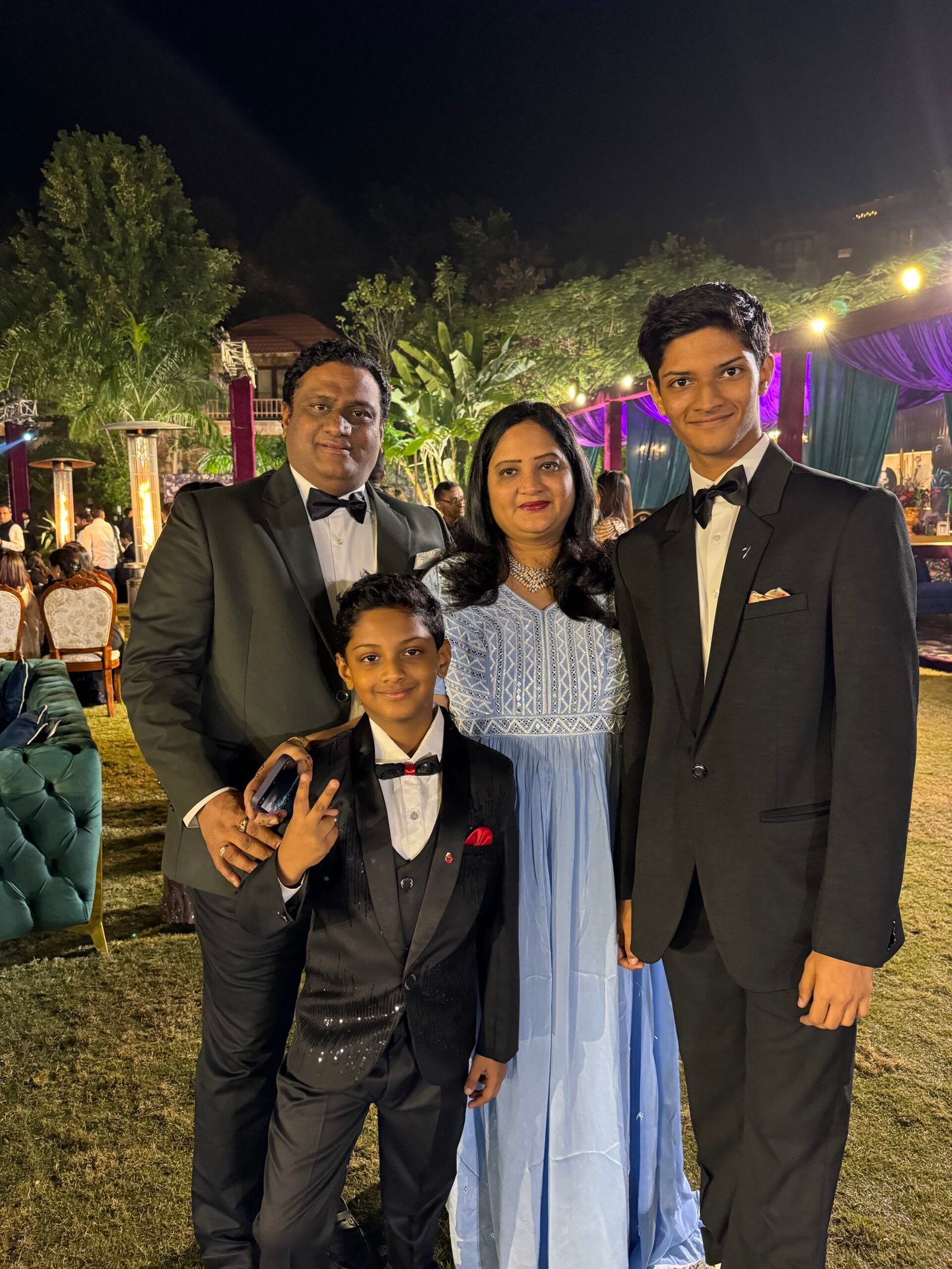
Since Covid is a viral disease, it is never going to leave. As a virus, its potency will just decrease over time. We need to stay alert and aware, and treat common colds and coughs with care – wear a mask.
Do you have any tips for disease prevention for the youth?

For infectious diseases, we’ve learnt the importance of masks. If you have a cold, fever, cough etc, wear a mask. This way you can prevent the spread of your infection. Next, don’t consume cold or chilly things in the winter. Thirdly, increase your water intake and exercise daily. The exercise you do should be according to your age and what suits your body. A lot of people are having cardiac arrests from sudden, intense exercising after not having exercised for years. It is also important to reduce your stress levels. Try a digital detox, use your phone less. Mental peace is very important. And finally, sleep. You need eight hours of sound sleep.
Are there any healthcare policies that you think the Government should implement?
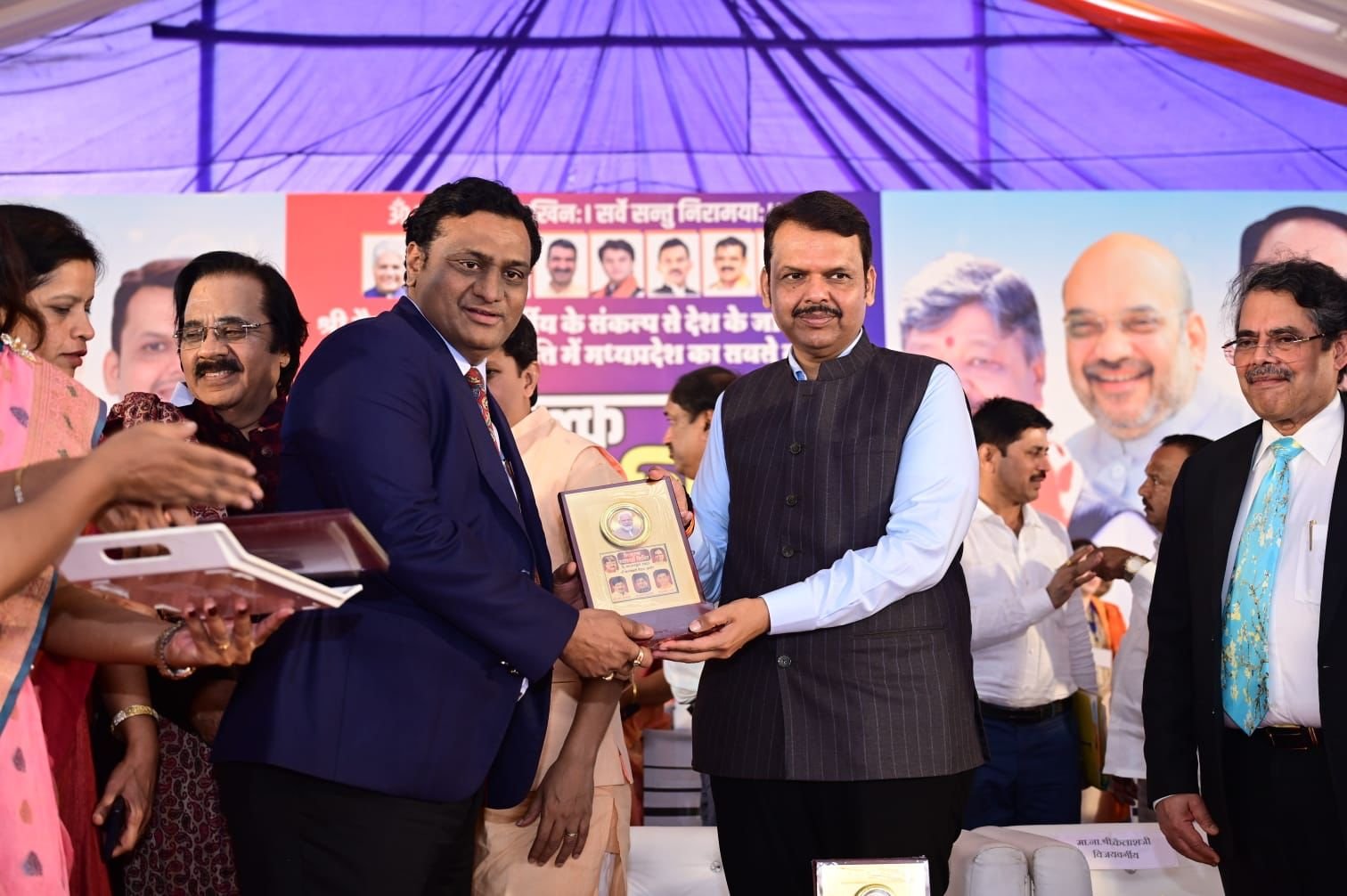
Through my foundation, Golden Hour, we go into various spaces like schools, colleges, offices and gyms to train people to give CPR. With Government support, this could happen across India, and help us save millions of lives. The Swachh Bharat Abhiyan movement implemented is also very important. Earlier, Government hospitals were not as clean, but now they are. And finally, declaring a war on drugs. Today, the youth are dealing with drug use and addiction problems and we need to have more awareness programs against them.
What are your future goals?
Through my foundation, Golden Hour, I want to collaborate with the Government and begin training children in schools to give CPR. Each person must know how to give CPR. Apart from that, I believe that every individual has a right to health. And we need a uniform policy for people to have access to the best healthcare – whether they choose to go the private route or the Government hospital route. We have a lot of resources in our country and we need to ensure healthcare reaches everyone through a policy restructuring.
Tell us about your work-life balance and what you do off-duty.
Personally, I am never off-duty. The medical profession is my passion. I tell everyone this – the medical profession is probably the most amazing thing you can do with your life, but you need to be passionate about your work. Money is just a by-product. Even at 4 a.m, if a patient calls and needs my help, I’ll be there. I get an adrenaline rush from my work and thoroughly enjoy it, all owing to the blessings and support from my parents, my wife, children, well-wishers and friends.

